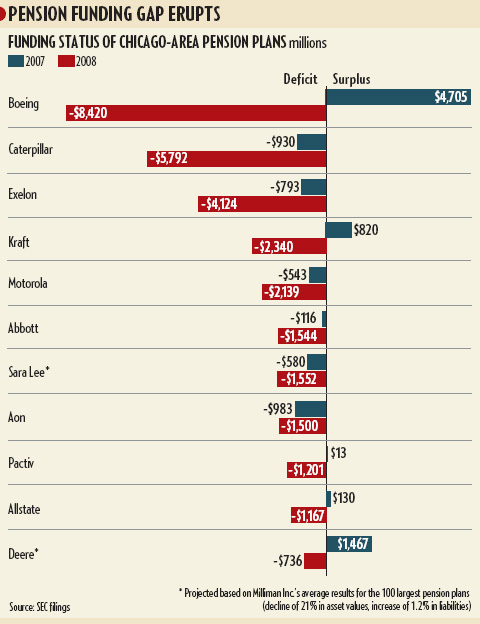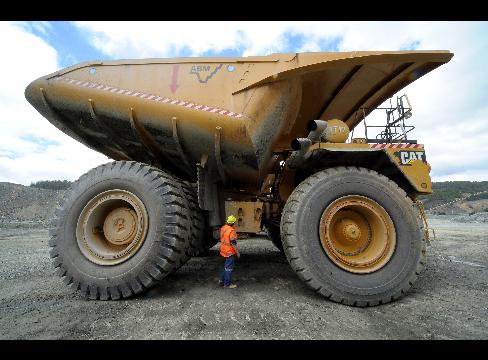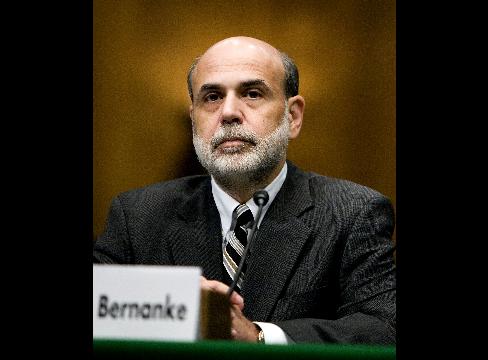
Exploding pension fund shortfalls are blowing billion-dollar holes in the balance sheets of some of the Chicago area’s biggest companies, forcing them to make huge contributions to retirement plans at a time when cash flow and credit are already under stress.
Boeing Co.’s shareholder equity is now $1.2 billion in the hole thanks to an $8.4-billion gap between its pension assets and the projected cost of its obligations for 2008. At the end of 2007, Boeing had a $4.7-billion pension surplus. If its investments don’t turn around, the Chicago-based aerospace giant will have to quadruple annual contributions to its plan to about $2 billion by 2011.
Stock market losses also pounded pension funds at Abbott Laboratories Inc., Caterpillar Inc. and Exelon Corp., with others sure to emerge as companies file their annual financial reports with the Securities and Exchange Commission in coming weeks.
The pension gaps underscore a growing conundrum. Unfunded pension liabilities have to be subtracted from shareholder equity, weakening balance sheets at a time when it’s already tough to borrow money. Barring a reprieve from Congress, companies may be forced to make more layoffs or curb capital investments to divert cash to shore up pensions.
“There are companies out there faced with paying their pension plan or staying in business,” says Mark Ugoretz, president and CEO of the ERISA Industry Committee, a Washington, D.C., lobbying group. ERISA refers to the Employee Retirement Income Security Act of 1974, which sets standards to ensure pension plans are sufficiently funded.
The Chicago companies are symptomatic of nationwide woes. Last year, the 100 largest corporate pension funds in the U.S. saw their net assets decline by 21%, while liabilities increased 1.2%. Applying those averages to any of the region’s top funds puts almost all of them into the red by at least $1 billion.
PRESSURE MOUNTS
Read morePension bombs going off


